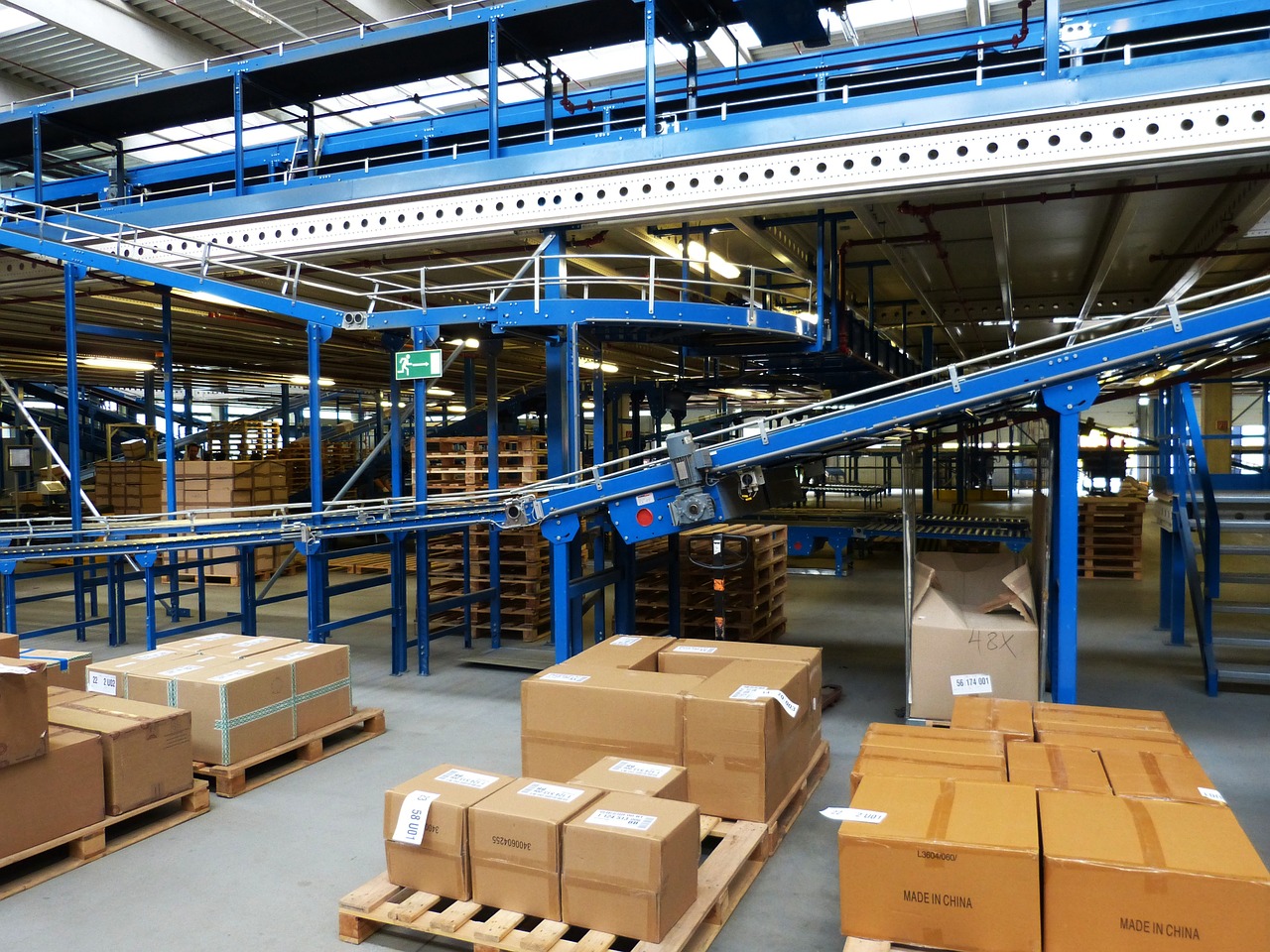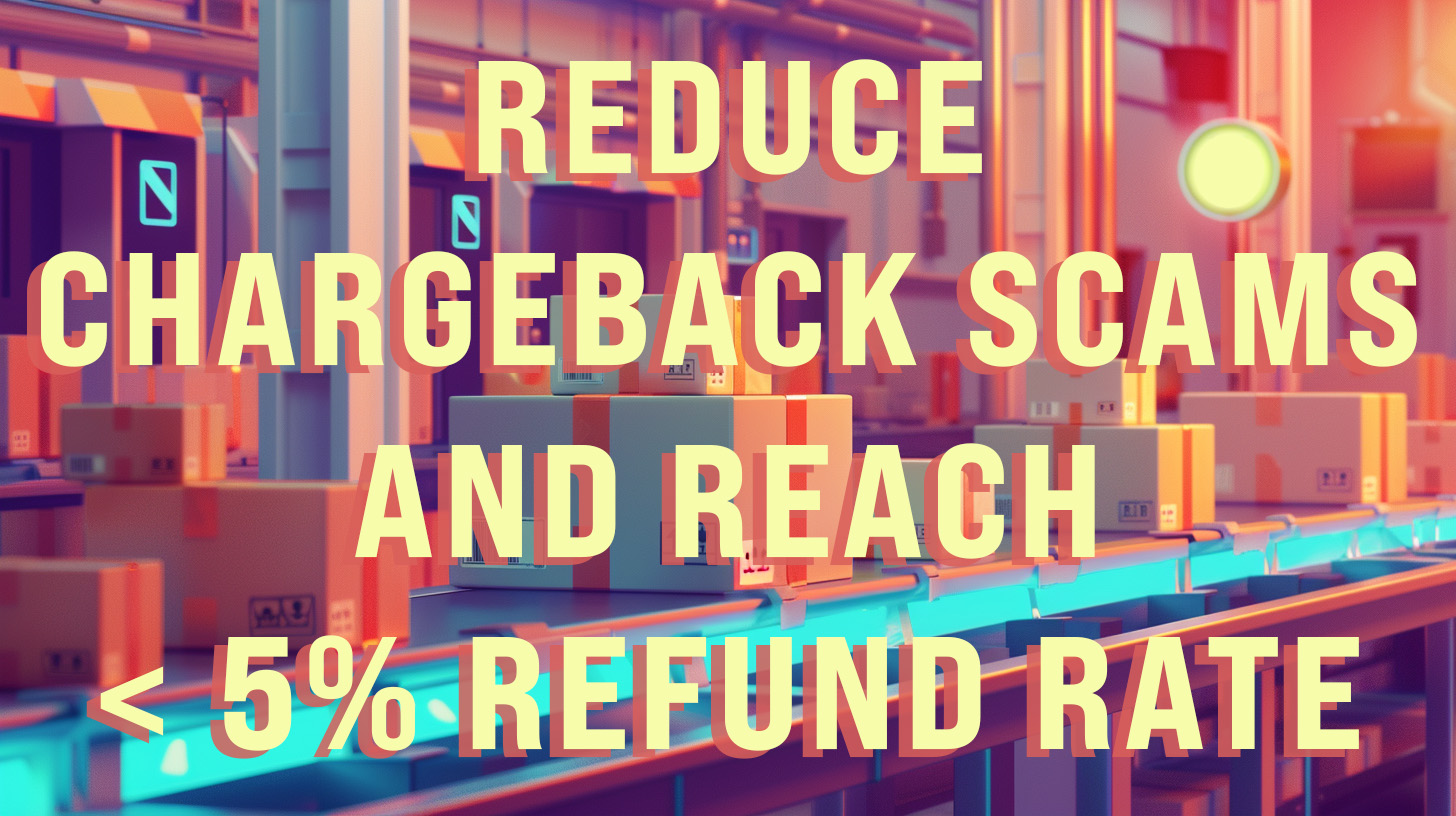
- CHARGEBACKS
- CREDIT CARD DECLINES
- HIGH RISK MERCHANT ACCOUNT
- OFFSHORE MERCHANT ACCOUNT
- ORDER FULFILLMENT
Lessons On Cross-Border Order Fulfillment & Digital Trade Rules. Is Your Business Ready?
May 9, 2019
Order fulfillment is major part of domestic and cross-border e-commerce for all high-risk merchants. When customers complain of not receiving purchased items on time, this can result in refunds and worse, chargebacks. (High chargeback rates are the number one cause of merchant account termination.) The secret to avoiding these problems lies in the reliability, efficiency, and speed of your order fulfillment process. This applies to merchants that distribute tangible products (e.g. supplements, luxury goods, medical supplies, etc.). But, marketers and sellers of digital products must also pay attention to rapid delivery of orders.
The International Digital Economy Agreement (IDEA)
In January 2019 at the Word Trade Organization’s (WTO) World Economic Forum in Davos, over 70 countries agreed to start working on modernized rules to govern global e-commerce. Hundreds of international trade deals are brokered through the WTO. Many regional agreements address digital trade in some form. However, none explicitly cater to the digital economy at an international level. This means that rules which apply to traditional retail sellers of tangible goods is outdated when it comes to merchants that use the internet for trade. This includes entrepreneurs in the info products business category. This group includes high-risk merchants that sell passive income or other entrepreneurial courses online, virtual fitness programs, debt repair and other financial services, plus much more!
Changes in how the international digital economy is managed have been under discussion for some time. For example, the International Digital Economy Agreement (IDEA) was being discussed since 2011.
Possible new rules to ease cross-border order fulfillment
The current negotiations stemming from Davos are looking at rules that would make it easier and safer for digital commerce for consumers and businesses alike. According to the European Commission, the new rules would for instance:
- improve consumers’ trust in the online environment and combat spam
- tackle barriers that prevent cross-border sales
- guarantee validity of e-contracts and e-signatures
- permanently ban customs duties on electronic transmissions
- address forced data localization requirements and forced disclosure of source code
So, why is this important to your business? Because this new agreement should help to eliminate some of the order fulfillment challenges you face when doing business in other countries.
5 Common order fulfillment challenges
There are unique challenges that high-risk merchants operating internationally face. Here are just five of them.
1. Declined orders:
A UK or France-based company attempting to do business in the US or Canada will have a far higher rate of declined transactions. This is because North American banks may label the product or service as “suspicious” if the consumer rarely buys online or if the merchant category code (MCC) is in a high-risk industry. Merchants with these types of transactions likely see a lot of error codes, resulting in lower levels of completed transactions and lost business.
2. International shipping problems:
Currently, the same requirements for shipping a large container internationally applies to a small subscription box. There are strict standards and regulations set out by different countries. Consequently, it can become difficult to track, ship, and fulfill orders for small items like pocket knives, jewelry, or a small or micro drone, for example.
3. High chargebacks:
Chargeback rates tend to peak after holiday shopping seasons, but can occur year-round. When a fraud-to-sale ratio is above 1%, panic sets in. Elevated chargeback rates affect the stability of merchant accounts, especially if your business model or products are already considered high risk.
4. Improper Tech:
e-Commerce businesses face physical and digital order fulfillment challenges without the right technology in place. However, the right combination of order processing tools eliminates this issue. Implementing the right CRM and/or shopping cart for an online store is key. So is adding a third-party service to help alleviate chargebacks.
5. Poor customer satisfaction:
Do you have customer complaints because they were unaware of customs duties on the item you shipped to them? How about customers being unable to track their orders?
When the order fulfillment process does not work seamlessly, the result is unhappy customers. These buyers will then voice their unflattering reviews online. This negative press can cause you to lose business if your process is not improved. Additionally, this type of media could influence whether you get approved for your next high-risk merchant account.
What to do in the interim?
Most e-commerce businesses are not built like Amazon.com. They don’t construct physical warehouses to address logistical nightmares or negotiate domestic and international delivery. Consequently, most merchants simply partner with reputable order fulfillment companies that do most of the shipping work.
Of course, no amount of perfect order fulfillment will matter if you cannot secure the ability to accept credit cards (or ACH). A seasoned merchant services provider should know all the rules to connect you with the right payments for your online business. Further, ensure your payment processing provider can facilitate cross-border transactions. Not only will this improve your customer experience, but you’ll have better order fulfillment capabilities. This is especially important for high-risk merchants offering items like health supplements, high-end electronics, luxury jewelry, adult entertainment stores, or subscription boxes.
So, what can you do until the WTO negotiations are complete and new rules in place? The following are a few recommendations to enhance your e-commerce capabilities with local and international order fulfillment.
Step 1. Establish overseas merchant accounts
To address the issue of low transaction approval, look into opening an offshore merchant account in targeted markets where you plan to take orders. This will increase transaction approval for orders from foreign regions. In addition, local transactions are typically less expensive to process than foreign ones.
Step 2: Get ironclad agreements
The new Davos negotiations will improve the acceptability of e-signature and e-contracts. This is good news for merchants that sell nutraceutical products or hold financial and entrepreneur workshops. In the interim, ensure that you keep both hard and electronic copies of agreements with your suppliers and customers. This includes signed contracts for licensing, product authenticity and fulfillment. This isn’t simply for merchants, it is a requirement from some banks when securing a merchant account.
Step 3. Tackle high chargebacks
Take steps to tackle high chargeback rates before it leads to the suspension or closure of your merchant account. Implementing a third-party application to monitor risky orders is a must. Also, use fraud-prevention features already embedded in your gateway, CRM and/or shopping cart.
Final thoughts
Is your business ready to take advantage of the efficiencies to be provided with new digital trade rules? If you’re a seasoned high-risk company looking to expand your volume of international sales, then we should talk.
Let’s discuss the best options available for finding a payment solution tailor-made for your business. We’ll look at the countries in which you want to expand, and banks that offer multiple currencies to help you scale efficiently. Securing high-risk merchant accounts and ACH processing is our specialty. Our team can help you find the right provider to expand your business globally plus be a strategic guide for checkout page conversions, new product additions and pricing, so email us today!




